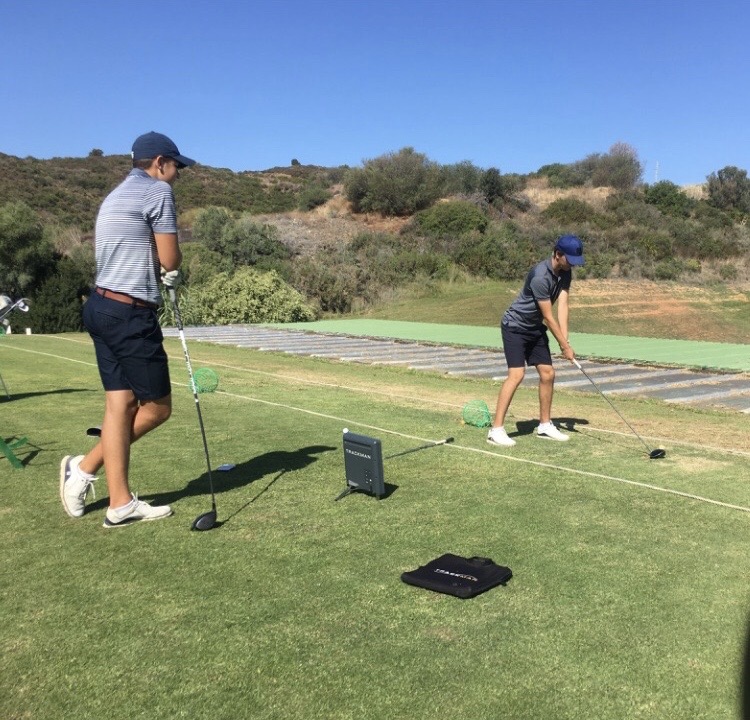Long Term Athletic Development
Excellence in golf takes time, it’s a lifetime sport unlike many others!
Who is it for
Designed for junior golfers to progress from the Passport Programme. As players get older more specific coaching criteria is needed to help maintain progress. Every players aspirations and goals will be different at this stage for example
- Collegiate Golf
- Playing Career
- Golf for Life at their best
The Long Term Athletic Development pathway in golf is a long term process where players have an opportunity to optimise physical, technical, tactical and mental skills for the future. The basis behind LTAD is that each athlete will progress and develop through different stages and very importantly at different rates. The term used to track rates of progression is Developmental Age.
Developmental Age
All players will experience different patterns of growth during this period. By identifying early and late development, the type of coaching, training and competition will match the readiness of the player. It is important to note that developing early or late is neither good or bad, but not identifying and adapting the coaching and training can be.
Without adapting individualised coaching criteria training could be too advanced for one player and on the other hand it may not be challenging enough for another. In both cases it can cause de-motivation, lack of enjoyment and progress.
Early development usually see’s an advantage in the early stages, however, after athletes go through their final growth spurt (normally around 16-20 years old) players who develop later often experience better potential and excel at their sport to a greater level IF the coaching has adapted to their needs throughout the development period.
Due to the Development age Juniors should always avoid comparing themselves to other players. The only comparison that should be made at these stages is between them and the player they were one year ago.
The LTAD Coaching Checklist
LTAD Coaching is bespoke to the players schedule which will work around academic studies and athletic development.
- Full Swing
- Short Game
- Putting
- Building and on Course Strategy
- How to prepare for tournaments
- How to practice and build a schedule
- Psychology- Mental Game Skills
- Fitness for Golf
- Nutrition
- Quarterly, Semi Annual and Yearly Goal Setting
- Introduction to statistics
- Necessary Documentation to measure progress long term
- Communication between player, coach and parent
Phillip works closely with a TPI golf specific personal trainer who specialises in developing athletically for golf. This is a key area for developing players to progress and enables the athletic development to align the with golf skill development.
Communication between coach, player and parent is vital throughout the whole process. Documentation is provided and updated throughout each training year.
Coaching Plans
| Phil works closely with players and parents to build and adapt a schedule around academic commitments throughout the year. |


